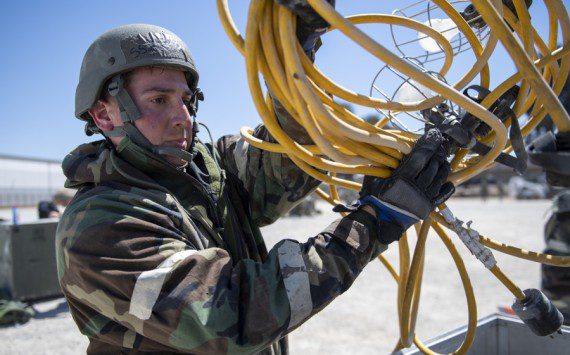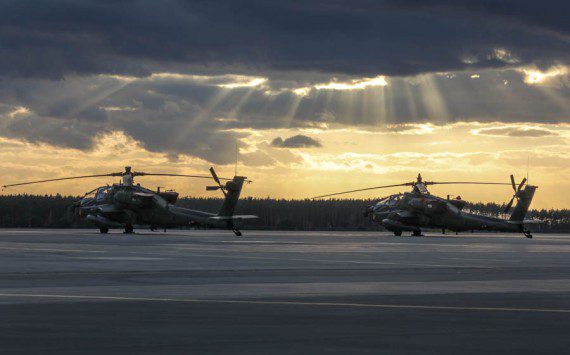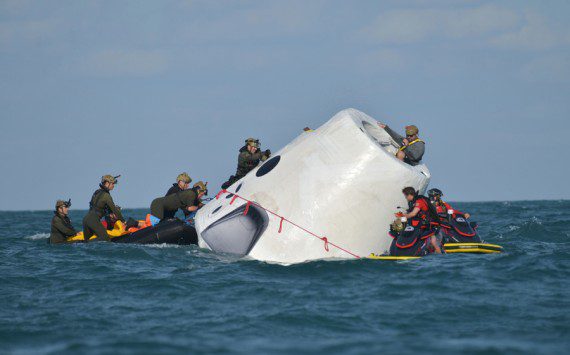Russia grounds its warplanes in Syria
Russia has grounded its warplanes in Syria to help secure a cease-fire brokered by Moscow and Washington that entered into force Feb. 27, a top military official said.
Lt.-Gen. Sergei Rudskoi of the General Staff of Russia’s military said that while Russia will continue air strikes against the Islamic State group and al-Qaida’s branch in Syria, Jabhat al-Nusra, it is keeping its aircraft on the ground for now “to avoid any possible mistakes.”
Rudskoi said that 17 opposition units have contacted the Russian military to adhere to the truce that became effective at midnight local time.
He said the Russian military had established hotlines to exchange information with the U.S. military in order to help monitor the cease-fire and quickly respond to any conflict situations.
Rudskoi said that Russia has given the U.S. maps showing the location of opposition groups pledging to abide by the cease-fire as well as IS and al-Nusra units. He said 74 opposition units including more than 6,100 fighters have agreed to adhere to the truce.
The U.S., in its turn, also has provided the Russian Defense Ministry with similar maps and its own list of opposition units, which have agreed to respect the cease-fire.
Rudskoi said that according to the U.S.-Russian agreements, a rebel unit that accidentally comes under attack should contact Russian or U.S. representatives who would quickly resolve the incident.
A coordination center at the Hemeimeem air base in Syria’s coastal province of Latakia where Russian warplanes are based has 61 officers, who negotiate with groups willing to join the cease-fire and coordinate the deliveries of humanitarian aid. AP
Nuke chief: running out of time to begin updating nukes
The commander of U.S. nuclear war-fighting forces says time is running out to begin modernizing nuclear weapons that are reaching the end of their useful lives.
In the words of Navy Admiral Cecil Haney, who heads U.S. Strategic Command, “we’re at the brick wall stage.” He says there is little room left to extend the life of weapons such as the Minuteman 3 intercontinental ballistic missile, which has been operating since 1970.
Haney spoke in an interview Feb. 26, the day after he and other senior Pentagon leaders witnessed a Minuteman 3 test launch at Vandenberg Air Force Base in California.
Critics say the cost of nuclear modernization is too high and that the nation should reconsider whether it needs to build an entire new generation of weapons. AP











